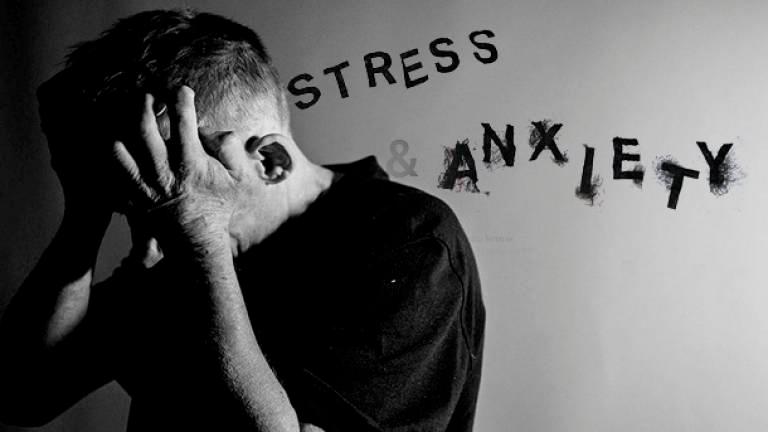THE coronavirus continues to rage around the world. Although there are encouraging news about vaccines, experts believe it will be quite a while before the pandemic is contained.
Covid-19 is a predominantly respiratory illness, causing fever, cough, difficulty breathing and chest congestion.
Extra-respiratory signs and symptoms include loss of taste, anosmia, diarrhoea and skin changes.
Covid-19 can lead to neurological and mental complications, such as delirium, agitation, and stroke.
People with pre-existing mental, neurological or substance use disorders are also more vulnerable to SARS-CoV-2 infection and they may stand a higher risk of severe outcomes and even death.
Some survivors continue to have “long Covid” symptoms such as tiredness, shortness of breath, muscle weakness, memory loss and cognitive issues, months after recovering from the infection.
In response to the pandemic, various public health measures have been initiated to contain it.
Added to the fear of contracting the coronavirus is the significant changes to our daily lives as our movement is restricted as part of efforts to contain and slow down the spread of the virus.
Facing new realities of working from home, temporary unemployment, financial difficulties, home-schooling of children, and lack of physical contact with other family members, friends and colleagues, it is important that we look after our mental, as well as our physical, health.
In the current pandemic, the home confinement of large swaths of the population for indefinite periods, differences among the stay-at-home orders issued by various jurisdictions, and conflicting messages from authorities will most likely intensify distress.
As a result of those public health measures and pandemic uncertainties, numerous psychological and emotional issues – including anxiety, depression, irritability, insomnia, fear, confusion, anger, frustration, boredom, and stigma associated with quarantine, some of which persisted even after the quarantine was lifted – could potentially occur.
Those emotional distress and mental illness, if not dealt with appropriately, could lead to suicide.
Everyone reacts differently to stressful situations.
People who may respond more strongly to the current pandemic are individuals who have a higher risk of contracting severe Covid-19 infection, people caring for family members or loved ones, healthcare providers, people with existing mental conditions and people who use substances or have substance use disorder.
People who have recovered from Covid-19 infection have significant risk of suffering from mental health issues. They are being identified, stigmatised, targeted and subjected to systematic bullying, usually online.
More often than not, their immediate family members and people residing in the same neighbourhood are also subjected to discrimination and unnecessary bullying.
People need to understand that individuals who recovered from Covid-19 infection are no longer contagious.
They have suffered from the physical stress of the infection, and it is unfair to subject them to unnecessary mental torture. Hence it is no surprise that new research by University of Oxford found one in five Covid-19 patients was diagnosed with mental health disorder within three months.
Healthcare workers and frontliners are also groups of individuals vulnerable to mental health issues.
Heavy workload, long working hours, worries about lack of personal protective equipment, worries about spreading the infection to family members and the need to be separated from family are some of the reasons that subject them to mental stress such as anxiety, depression, loneliness and insomnia.
Taking care of your mental and emotional health will help you think clearly and react to urgent needs to protect yourself and your family.
Helpful measures to promote mental health include:
• Know what to do if you are sick or concerned about Covid-19 infection.
• Know where and how to get treatment.
• Take care of your body. Eat a balanced diet, exercise regularly and have plenty of sleep.
• Make time to unwind.
• Connect with others and faith-based organisations while practising physical distancing and other standard operating procedures. Consider connecting online, through social media, or by phone or mail.
• Knowing the facts about Covid-19 and stopping the spread of rumours can help reduce stress and stigma.
It is well known that our ability to respond to, and recover from, the Covid-19 pandemic will require development of effective vaccines and treatments and strict adherence to the standard operating procedures introduced by the authorities.
Less well known is that to minimise the impact of the pandemic, we must also address the substantial unmet mental health needs of the whole society, with a focus on the most vulnerable.
Mental health is an important part of overall health and well-being. It affects how we think, feel and act. It may also affect how we handle stress, relate to others, and make choices during this unprecedented time.
Apart from efforts to prevent and treat Covid-19, mitigating the hazardous effects of the pandemic on mental health is an equally important public health agenda.
Dr Lim T. K.













